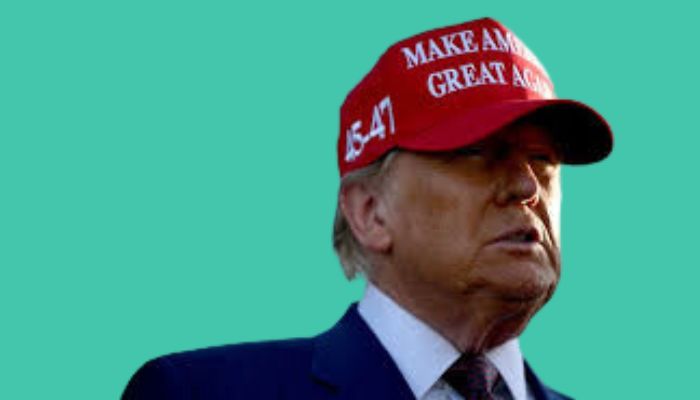The incoming Trump administration is considering major changes to U.S. electric vehicle (EV) policies. According to reports, the transition team is recommending cutting federal subsidies for EV buyers, like the $7,500 tax credit, and imposing new tariffs on battery materials and EV-related imports. The goal? To prioritize domestic auto production and national defense over supporting EV adoption.
These potential changes could mean less government support for EVs and a shift toward strengthening the U.S. supply chain for batteries and critical materials. Funds currently allocated to building EV charging stations may instead be redirected to defense-related industries, like processing minerals used in military technology.
At the same time, the team is suggesting a rollback of emissions and fuel economy standards to 2019 levels, making it easier for automakers to produce more gas-powered vehicles. California’s ability to set stricter emission rules, which many states follow, might also be blocked.
While these changes could challenge EV adoption, they aim to reduce reliance on imports, particularly from China, and boost U.S. manufacturing. Critics argue the shift could hurt progress in addressing climate change and slow EV growth just as the market begins to expand.
The Trump team says the goal is balance: supporting both gas-powered and electric vehicles while bolstering national security. As these proposals develop, they’ll spark plenty of debate about the future of the auto industry and the environment










